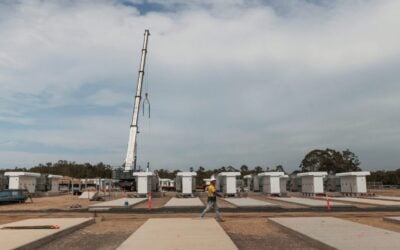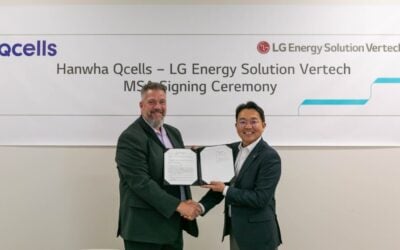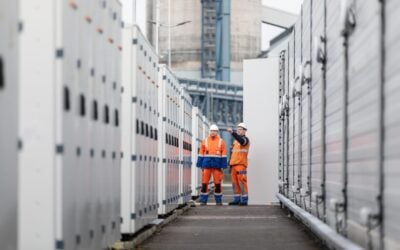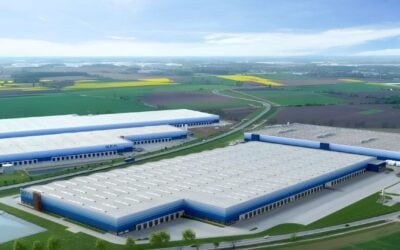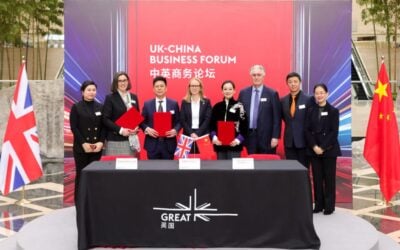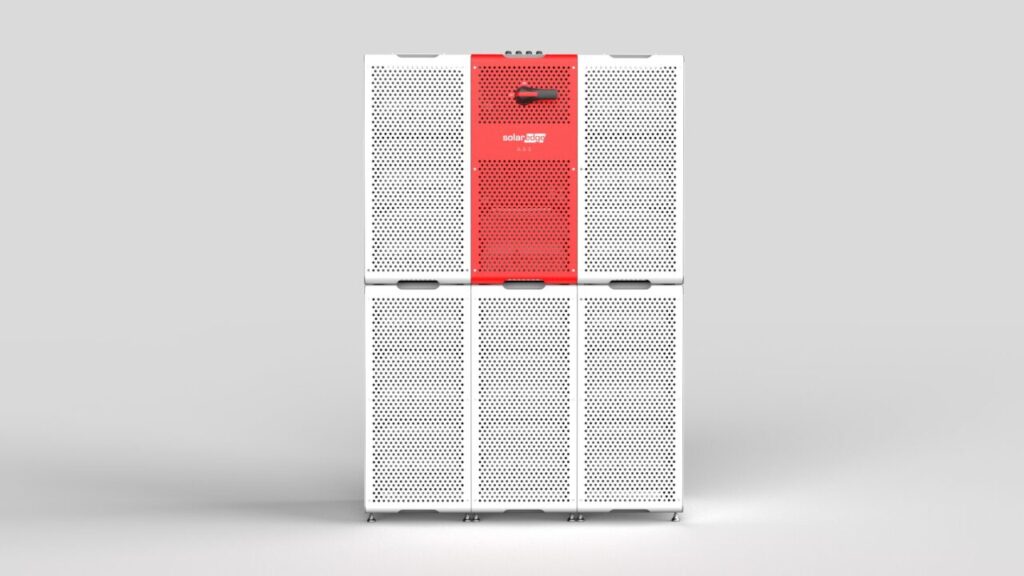
SolarEdge interim CEO Ronen Faier has spoken about the closure of the company’s utility-scale battery storage manufacturing business.
Faier responded to Energy-Storage.news’ enquiry relating to the news this week that SolarEdge will close down its Energy Storage Division.
The move results in the company cutting total headcount by about 12%, laying off around 500 staff, mostly in manufacturing positions in South Korea, early next year.
With SolarEdge in an ongoing restructuring and seeing a slump in shipments for its core inverter and PV optimiser businesses, the NASDAQ-listed Israeli company is shifting away from non-PV-related energy storage activities.
Try Premium for just $1
- Full premium access for the first month at only $1
- Converts to an annual rate after 30 days unless cancelled
- Cancel anytime during the trial period
Premium Benefits
- Expert industry analysis and interviews
- Digital access to PV Tech Power journal
- Exclusive event discounts
Or get the full Premium subscription right away
Or continue reading this article for free
Faier confirmed that the division’s closure means the total exit from battery cell and pack manufacturing with the Sella 2 factory in South Korea shuttered ahead of the sale of assets. The factory, named after SolarEdge’s late founding CEO Guy Sella, opened in 2022.
Asked whether the move in any way signifies the importance of sourcing batteries made by domestic suppliers for the US market as some media had speculated, Faier said this was not the case, reiterating instead that it “represents a focus on our PV inverter and batteries business and hence the decision to close the non-PV battery cell and utility battery systems [business]”.
“Storage activity that is not PV-focused is out of our focus area at this time,” Faier said.
“The energy storage division that we are closing, given that it is utility-scale focused, is a different market than the core solar, solar-tied batteries and energy management capabilities that we are focusing on in the residential and commercial segments.”
The interim CEO, in the role since predecessor Zvi Lando exited in August after five years as permanent chief executive, noted that employees leaving the company would receive full severance packages and got an extended notice period, and would also get “mental health support and assistance in seeking new jobs.”
The company moved to put out a post on LinkedIn assuring customers and partners that the move does not mean a total exit from battery storage activities. A source told Energy-Storage.news that some media had misinterpreted the news, leading SolarEdge to issue a clarification.
PV-attached battery storage systems will continue to be marketed and sold under the SolarEdge brand for distributed residential and commercial applications.
The company utilises third-party battery cells for residential and commercial & industrial (C&I) products, unlike its utility-scale battery energy storage systems (BESS), cells and packs are being manufactured in-house using technologies developed by Kokam, the Korean battery company it acquired in 2019.
Ronen Faier noted that SolarEdge manufactures single-phase battery solutions using cells from Samsung and its three-phase residential and C&I batteries “with Chinese cells”.

